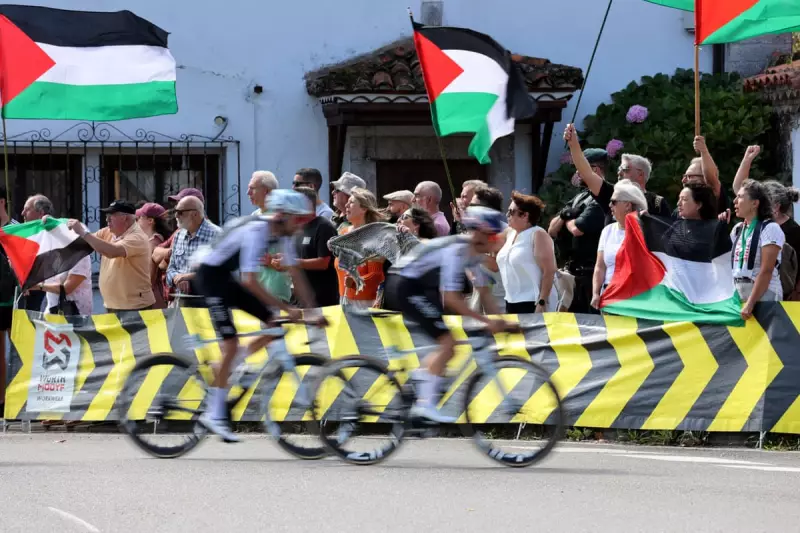
The cycling world is facing a major crisis of confidence as Rwanda's preparations for the 2025 UCI Road World Championships have been thrown into serious doubt following what many are calling an organisational disaster at the Vuelta a España.
Serious questions are being raised by teams, riders, and governing bodies about whether the African nation possesses the necessary infrastructure and expertise to host cycling's premier event after a series of alarming failures during the Vuelta, which served as a crucial test event.
Tour of Spain Descends Into Chaos
The warning signs emerged during the Vuelta a España's Rwandan stages, where competitors faced what one team director described as 'unacceptable and dangerous' conditions. Multiple reports confirm chaotic scenes including:
- Inadequate road closures and spectator control leading to near-misses with vehicles
- Poorly marked routes causing confusion among peloton members
- Insufficient medical and safety provisions for riders and support staff
- Critical failures in timing and results technology systems
These issues culminated in several top teams threatening to withdraw from the race unless immediate improvements were made, creating unprecedented drama at one of cycling's grand tours.
Mounting Pressure on UCI
The Union Cycliste Internationale now faces mounting pressure to reconsider its decision to award the World Championships to Rwanda. Many within the sport are questioning whether the governing body's efforts to globalise cycling have come at the expense of rider safety and event integrity.
Several national cycling federations have reportedly begun emergency discussions about potential contingency plans should the UCI be forced to relocate the event. The proximity of the championships leaves little time for remedial action, creating a tense standoff between organisers and participants.
Historical Context and Future Implications
This controversy marks another chapter in the often-troubled relationship between major cycling events and new host nations. The situation echoes previous organisational challenges faced when the sport has expanded into regions without extensive experience hosting WorldTour-level competitions.
The coming weeks will prove critical as the UCI must decide whether to proceed with its ambitious African debut or seek an alternative venue capable of meeting the exacting standards required for cycling's showcase event.





